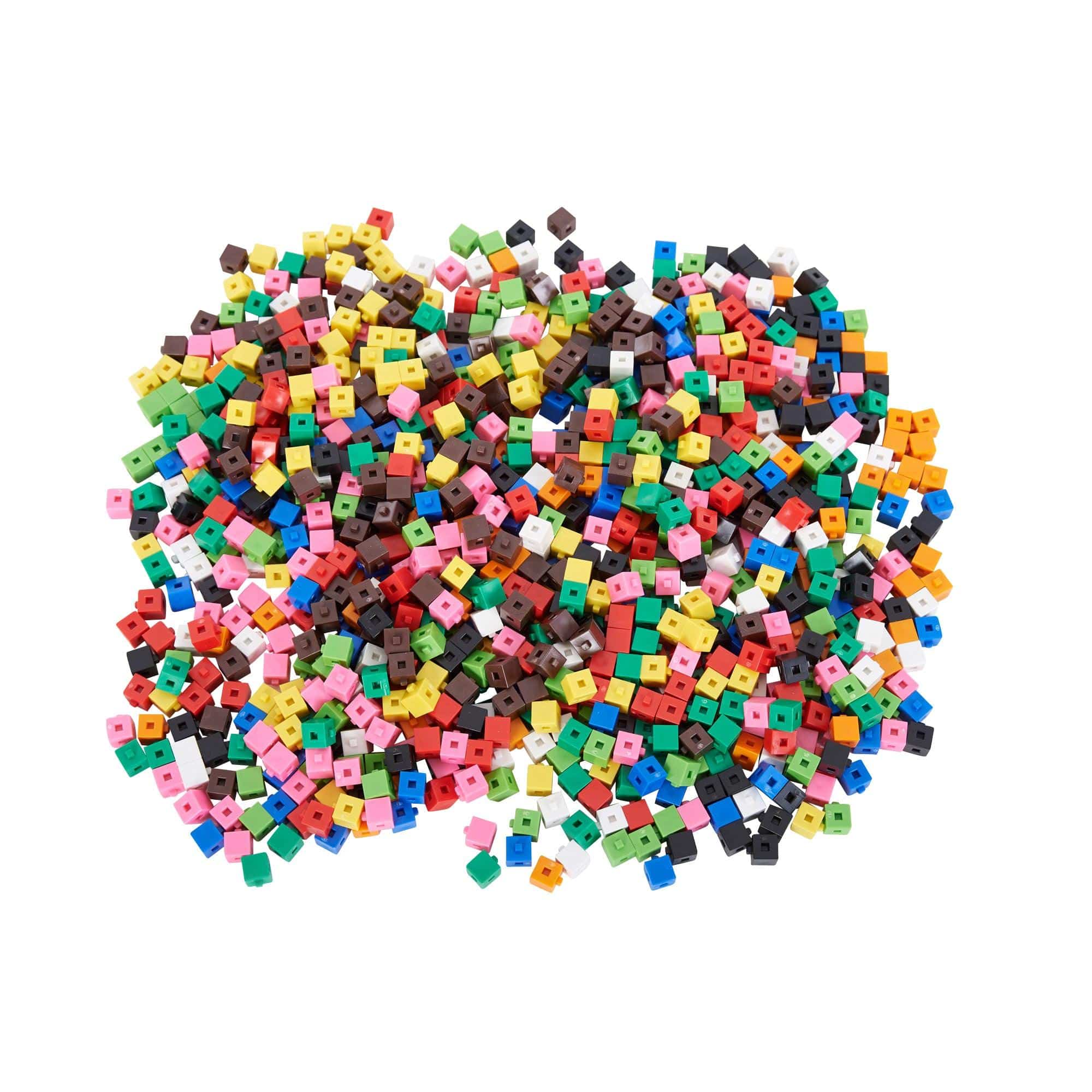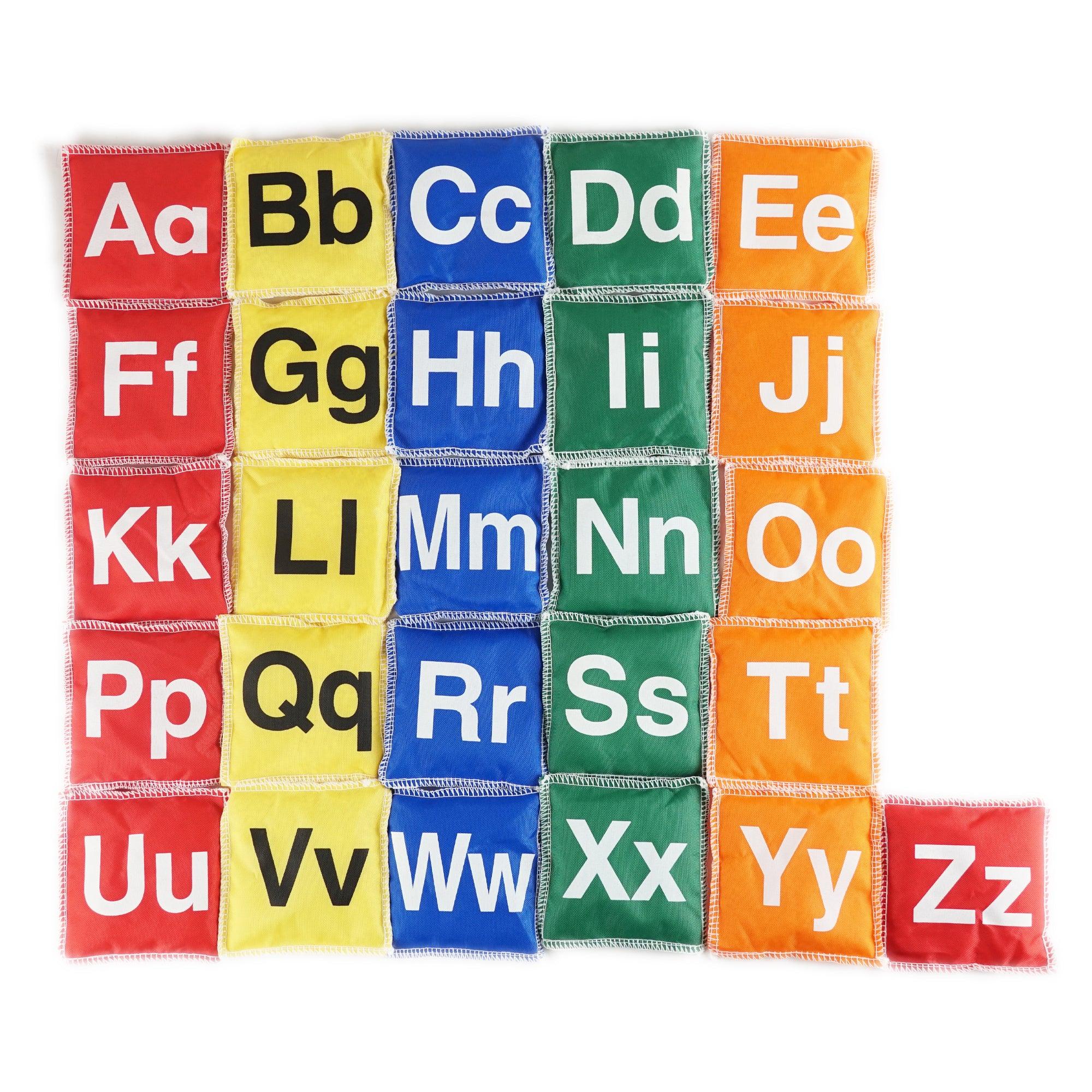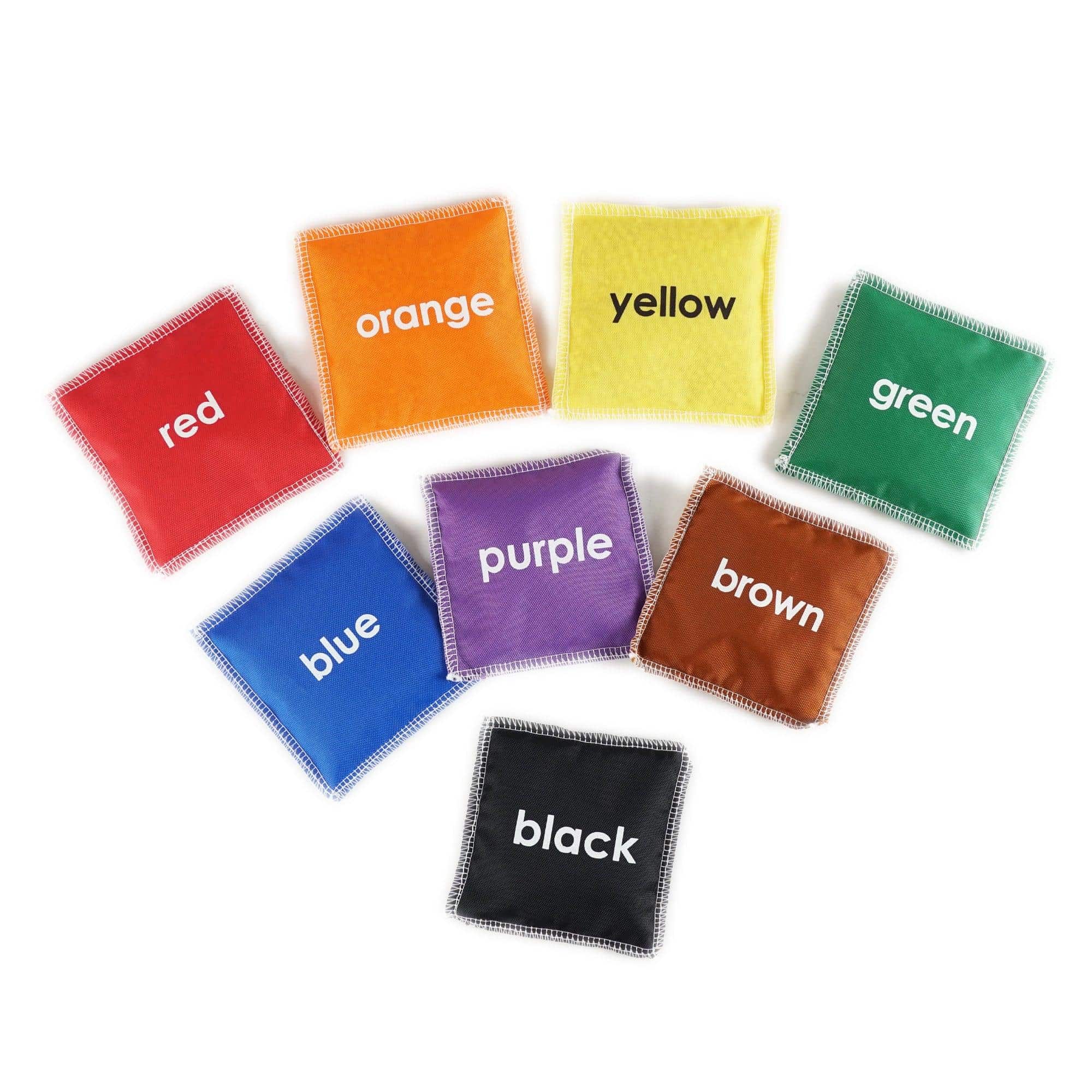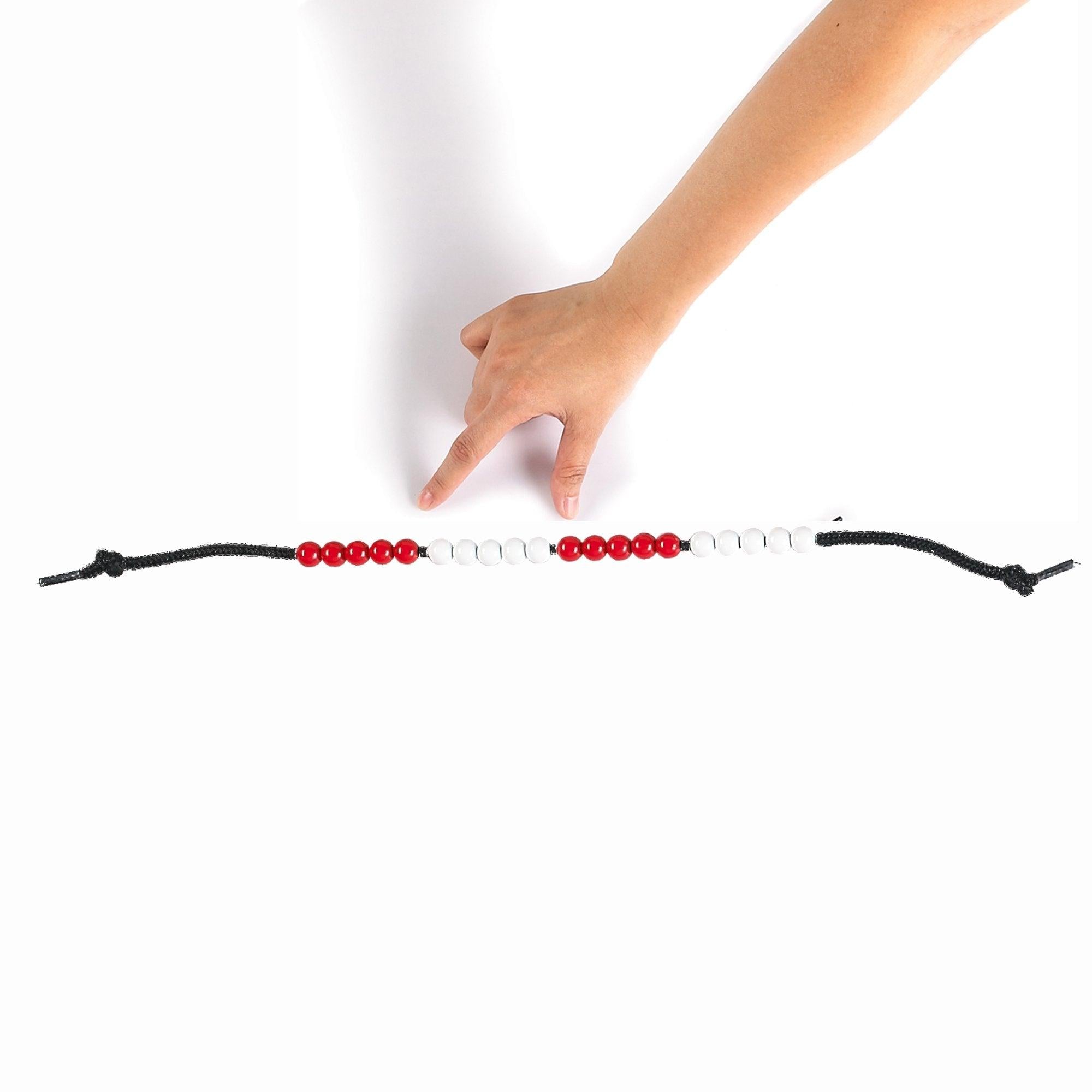The Link Between Toys and Spatial Reasoning Skills
Introduction
Spatial reasoning skills play a crucial role in the development of a child’s cognitive abilities. These skills involve the ability to mentally visualize and manipulate objects in space, helping to build a foundation for problem-solving, creativity, and critical thinking. One effective way to enhance spatial reasoning skills in children is through play, specifically with toys that stimulate and challenge their spatial awareness. In this blog article, we will explore the link between toys and spatial reasoning skills, highlighting the key features that make certain toys particularly effective in promoting spatial thinking.
The Benefits of Toys for Spatial Reasoning Skills
Toys serve as powerful tools for enhancing spatial reasoning skills in children. When engaged with the right toys, they can improve spatial awareness, visualization, and mental manipulation abilities. Here are some notable benefits of toys:
- Stimulates creativity: Toys that encourage imaginative play, such as building blocks, puzzles, and construction sets, provide children with the opportunity to create their own spatial structures and designs, fostering their creativity and problem-solving skills.
- Encourages hands-on learning: Manipulating toys through physical touch allows children to develop their fine motor skills and spatial cognition simultaneously, as they navigate their way through various spatial challenges.
- Enhances visual-spatial skills: Toys that involve patterns, shapes, colors, and sizes help children develop their visual-spatial skills, aiding them in recognizing spatial relationships and forming mental images.
- Promotes critical thinking: Toys that require strategy, planning, and decision-making, such as building sets, mazes, and 3D puzzles, challenge children to think critically and solve complex spatial problems.
- Facilitates social interaction: Certain toys, like board games and collaborative building sets, promote social interaction and teamwork, allowing children to work together and share spatial ideas, ultimately improving their spatial reasoning skills.
Key Features of Toys that Enhance Spatial Reasoning
Not all toys are created equal when it comes to developing spatial reasoning skills in children. Some toys are specifically designed to target spatial cognition and provide a more enriching experience. Here are some key features to consider:
- Open-ended nature: Toys that offer open-ended play allow children to explore different possibilities and outcomes, encouraging them to think spatially and come up with unique solutions to challenges.
- Modularity: Toys with interchangeable parts or building components enable children to experiment with spatial configurations, fostering their ability to understand and manipulate objects in space.
- Progressive difficulty levels: Toys that gradually increase in complexity and difficulty cater to the child’s age and development stage, providing them with a continuous spatial learning process that builds upon their existing skills.
- 3D visualization: Toys that involve assembling three-dimensional structures enhance a child’s ability to mentally rotate and manipulate objects in space, strengthening their spatial reasoning skills.
- Spatial puzzles: Toys that offer challenging spatial puzzles, like tangrams or jigsaw puzzles, help children develop their problem-solving skills and spatial awareness through hands-on manipulation.
Conclusion
Toys can be powerful tools in developing a child’s spatial reasoning skills. By engaging with toys that stimulate their spatial awareness and challenge their mental manipulation abilities, children can enhance their creativity, critical thinking, and problem-solving skills. When selecting toys to promote spatial reasoning, considering the features that encourage open-ended play, modularity, progressive difficulty levels, 3D visualization, and spatial puzzles can help maximize the benefits. By nurturing spatial reasoning skills through play, we are equipping children with valuable cognitive abilities that can positively impact their future academic and professional success.




